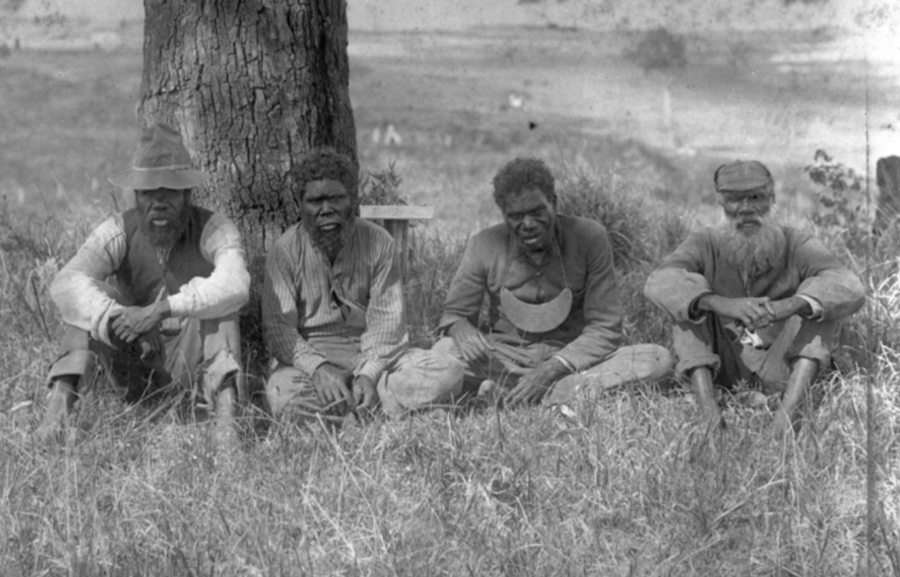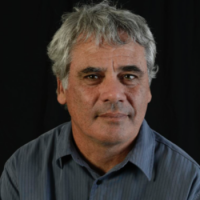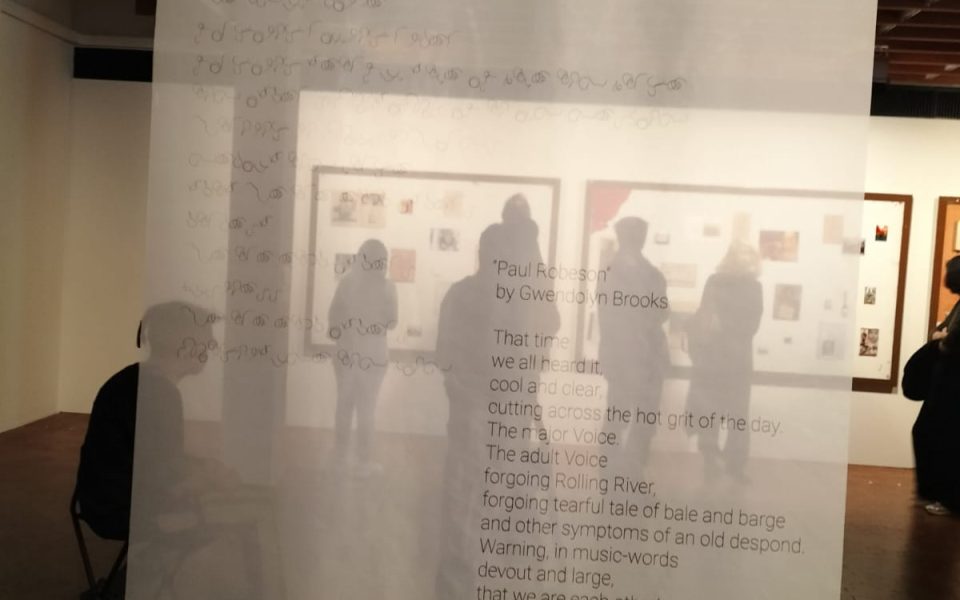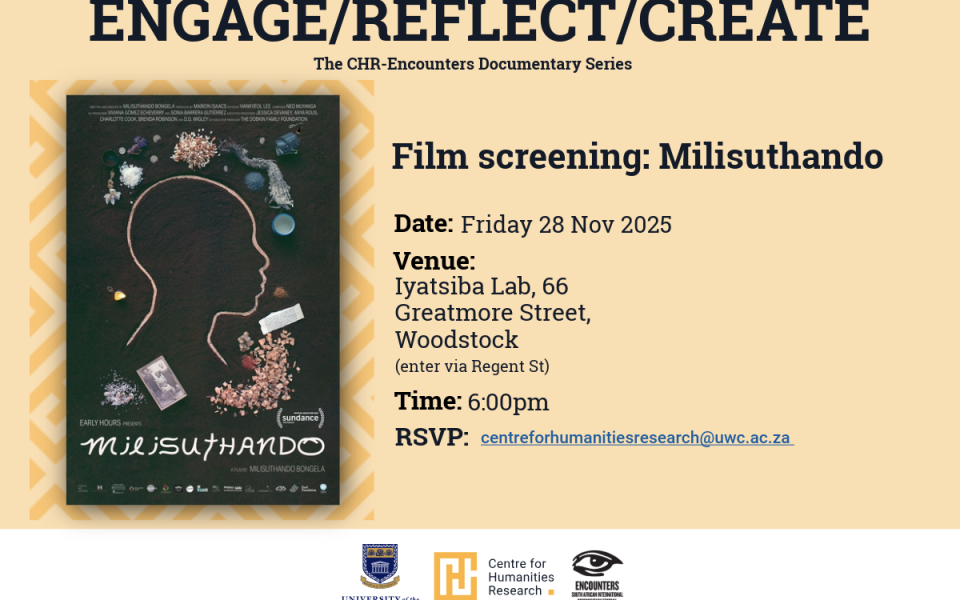Other Lives of the Image: International Workshop in Visual History and Theory

Photo courtesy of Michael Aird
What survives in the image, often in spite of all, is often conceived in terms of afterlife. This workshop goes further to propose that there are multiple other lives at work that encourage new thinking around aesthetics, history and the present.
This has implications for re-reading and repositioning many images, especially photographs that have been locked into certain kinds of framings, meanings or formats, often arising from genre conventions, institutional practices or technological constraints.
Allowing for multiple other lives has implications for images not only as remediations, but as intermediate forms that flow into literature, cinema and art in ways of which we are not always conscious, and where they might frequently operate in excess of any original purpose.
The workshop is inter-disciplinary. Speakers address the other (or potential other) lives of images that are initially categorised as ethnographic, documentary, family, scientific, and more.

Workshop venue: Centre for Humanities Research, University of the Western Cape
Date: 3-4 October 2019
Our keynote speaker is Michael Aird, School of Social Science, University of Queensland, author of Brisbane Blacks, I Know a Few Words, Portraits of Our Elders and co-author of Wild Australia, Saltwater Country and Object of the Story. Michael Aird has worked extensively with photographic archives and Aboriginal histories.
Title of keynote lecture:
“From illustration to evidence: historical photographs and Aboriginal native title claims in south-east Queensland, Australia”.
Abstract
Native title claims in Australia require research about traditional Aboriginal connections to land and waters. The relevant legislation seeks to establish if traditional law and custom has continued to provide rights to ‘country’ on the part of those identifying with deceased forebears and their occupation of the land at the time of British colonization. For the region of southeast Queensland there is a rich body of photographs from the late 1800s that can inform both research data and the evidence of Aboriginal native title claimants. They have been deployed by contesting parties to illustrate their connection to an ancestor which runs counter to documentary evidence. On the other hand, they have been ignored by anthropologists writing key reports. Can the locations and subject matter of photographs constitute evidence of connections to country among Aboriginal people, at the time the images were recorded? In their new lives as contemporary political documents, these photographs thus take on a new potency.
Date: 3 October 2019
Time: 11:15 – 12:45
Venue: Centre for Humanities Research
Programme & Inquiries: Patricia Hayes at visualhistoryuwc@gmail.co




